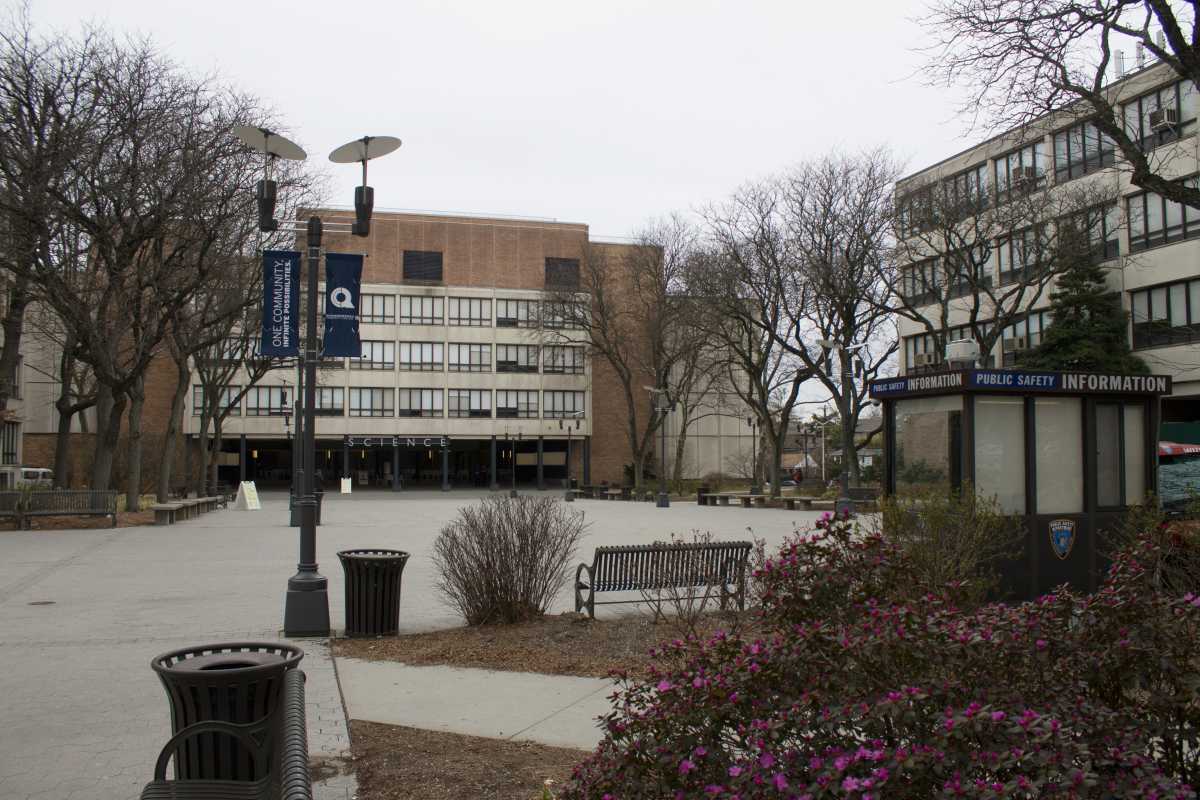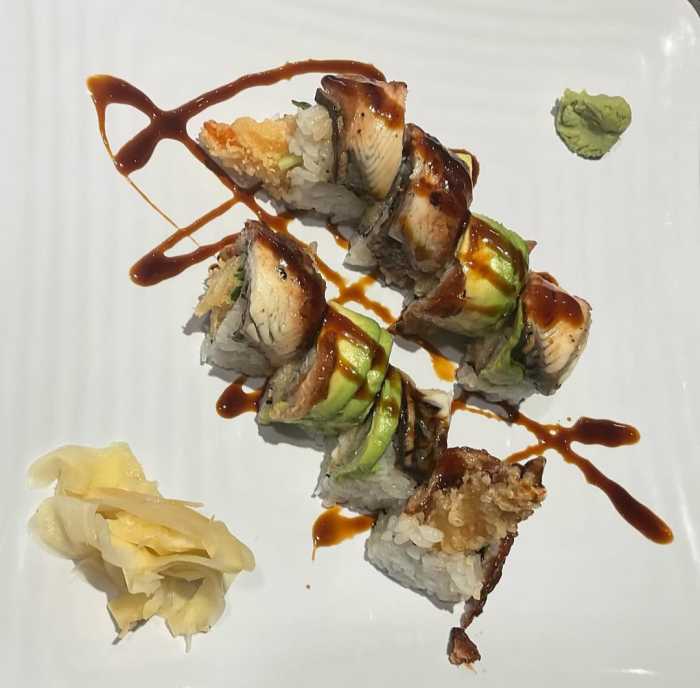BY BIANCA SILVA
CUNY’s campuses were significantly emptier than usual Thursday as students and faculty prepare to fully transition to “distance learning” for the remainder of the spring semester beginning March 19 amid the coronavirus outbreak.
Governor Andrew Cuomo announced on March 11 that all City University of New York campuses will be suspending all in-person classes for the semester following a John Jay student testing positive for the illness and outcry from students and faculty to close down.
CUNY’s dorms, libraries, research facilities, daycare centers and laboratories will remain open during and after the instructional recess. For students, the news brings major ramifications that will impact them for months to come.
Carlos Ocana, a sophomore biology major at Queens College, is already feeling the consequences of the announcement. He was in class when he found out he wouldn’t be going to school anymore and emphasized the need for face-to-face interaction with professors.
“I like asking my teachers questions during their office hours because sometimes I don’t get it,” he said. “Biology is hard and I need extra help and I can’t do that anymore. It’s only going to be online and I feel that’s the whole point of going to college. If not, then anyone would just take online classes. It sucks.”
Ocana works at the “Corner Pocket” game room on the Flushing campus and mostly relies on his work study job to help him pay for his tuition. An empty campus may lead him to look elsewhere for income.
“Work study is sometimes the only main source of income,” he said during his shift. “Luckily for me, I have another job, but it’s a backup. I’m trying to look for another job because I don’t think this is going to go on for a long time. My boss actually told me that on Friday, they’re going to let us know if we’re still going to work here.”
Ocana mentions how his weekend job at an Astoria restaurant isn’t enough to cover tuition and bus expenses despite receiving some federal aid that eases the stress of attending school.
Similarly, for Camille Ryan, a second semester nursing student at Queensborough Community College in Bayside, is scared that the transition to distance learning classes will sidetrack her goal of graduating on time next year.
“I was just concerned for my graduation date from the program,” she said. “Was I going to be held back? Was I going to have to restart this semester? Everything was just up in the air as far as what’s going to happen regarding my nursing program.”
Ryan moonlights as a flight attendant on the weekends, and worries that the 30-day European travel ban imposed by President Donald Trump on March 11 will affect her ability to work on an airline for the foreseeable future and pay for her courses.
“How long is this going to last? Is there a timeline? I don’t know,” she said.
Ryan’s classmate Jack Wong, who is also a second semester nursing student, was frustrated when he learned that the shift to online courses would be long term — potentially putting a damper on his plans to take summer courses on campus.
He’s worried that distance learning classes will deter him from gaining the necessary skills such as assessing a patient and learning to draw blood in the field.
“It would definitely have a negative effect because you have clinicals in part of nursing and we’re not getting that,” he said. “We’re probably not going to go to a hospital. I’m not sure yet. I feel like our clinical skills aren’t going to be as good going into next semester.”
Despite the increasing severity of the outbreak in New York, Ryan is not overly worried about being infected as long as she follows protocol and mentions that as a flight attendant, she has yet to interact with a passenger who may show coronavirus symptoms.
“You’re always at risk for something,” she said. “Follow the safety precautions and just wash your hands and be cautious of people that appear sick. I’m not really somebody that freaks out easily, so no, I’m not worried about that.”
For Ocuna, the nature of his work on and off campus requires him to keep his hands clean at all times due to the possibility of encountering a sick individual.
“I do use gloves, hand sanitizers, I have a lot of hand sanitizers at home,” he said. “Every time I go out, every 10 minutes, I use hand sanitizers. I try to be safe.”




































